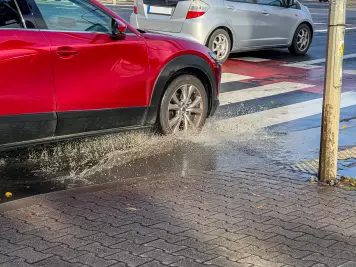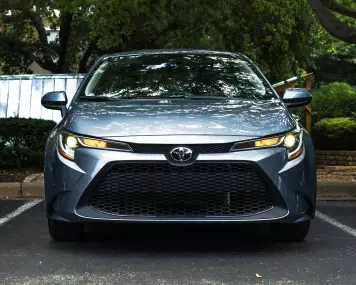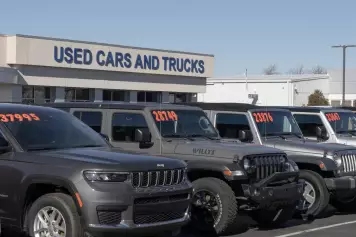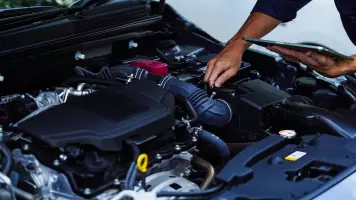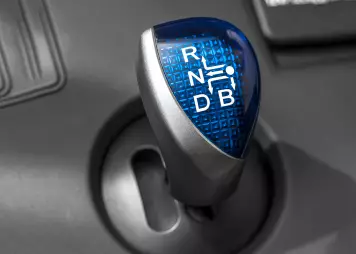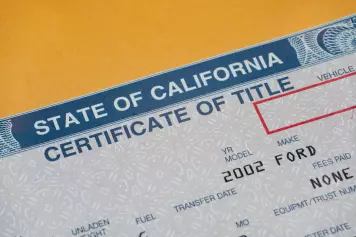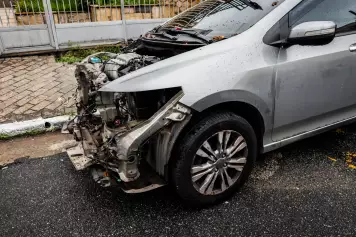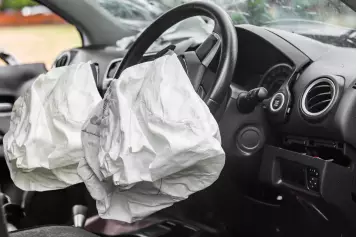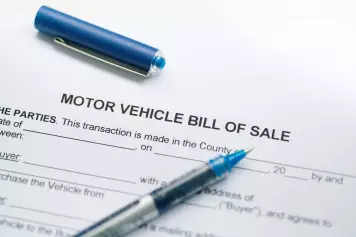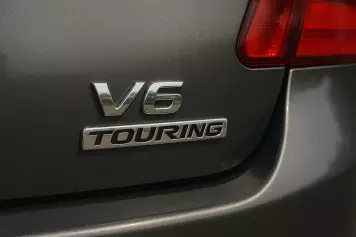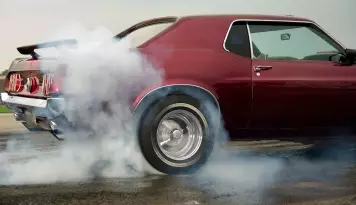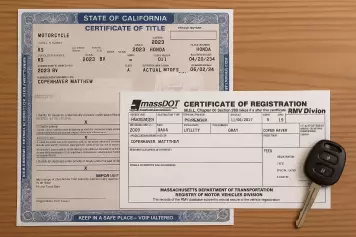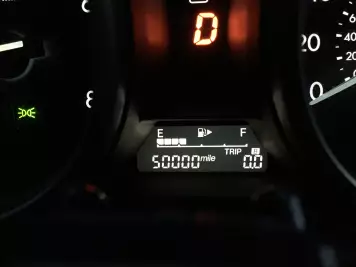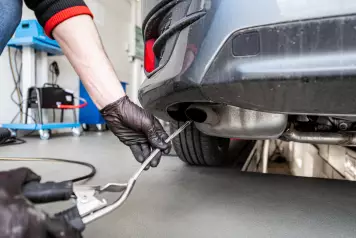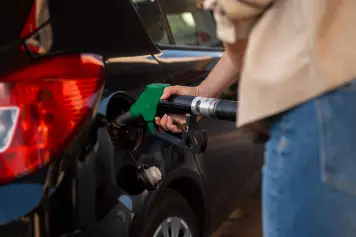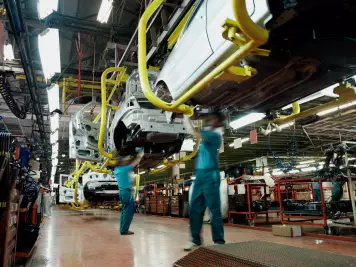Latest Articles
The Best Time to Sell Your Car: Seasonal, Mileage, and Market Timing Tips
- -
- -
- -
- -
By Patrick Peterson
Published December 08, 2025
Craigslist Car Scams: How to Spot and Avoid Fraudulent Listings
- -
- -
- -
- -
By Patrick Peterson
Published November 25, 2025
FWD vs. AWD: How Each Drivetrain Works and What It Means for Your Car
- -
- -
- -
- -
By Patrick Peterson
Published November 07, 2025
Top 5 Safest Cars Under $15K - State by State
- -
- -
- -
- -
By Patrick Peterson
Published October 30, 2025
Average Used Car Price in the U.S. (2025 Update)
- -
- -
- -
- -
By Patrick Peterson
Published October 27, 2025
Featured Articles
Why Do Police Touch the Back Of Your Car When They Pull You Over?
- -
- -
- -
- -
By Adam Szafranski
Published March 17, 2023
Will My Car Insurance Rates Go up After a No-Fault Accident?
- -
- -
- -
- -
By Adam Szafranski
Published November 17, 2021
FREE Vehicle Search
-
InfoPay, Inc. (dba GoodCar) is an Approved NMVTIS Data Provider
-
-





